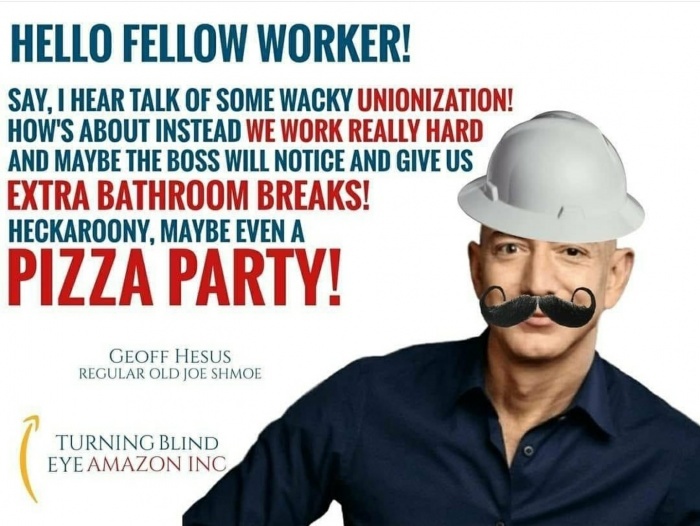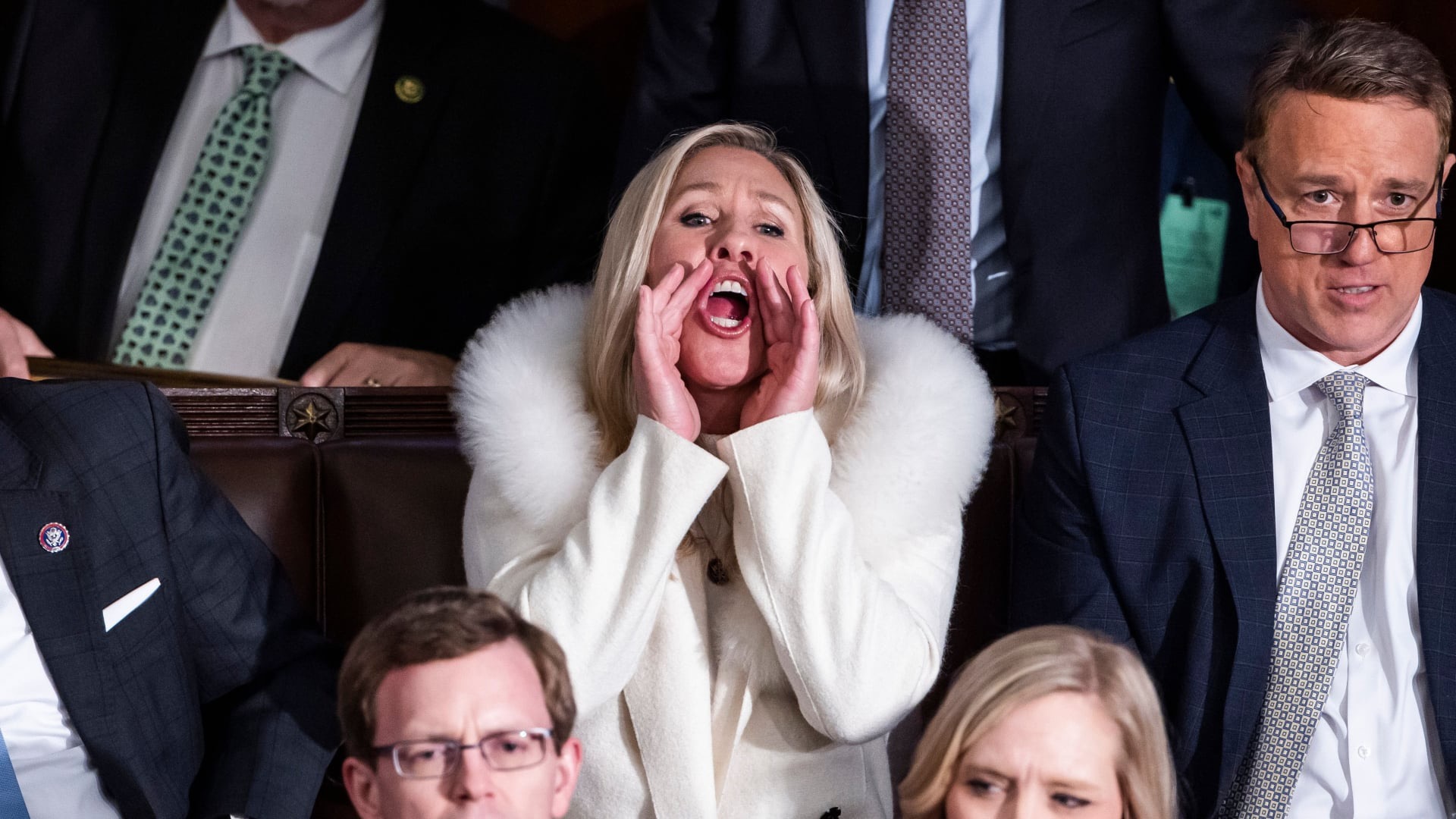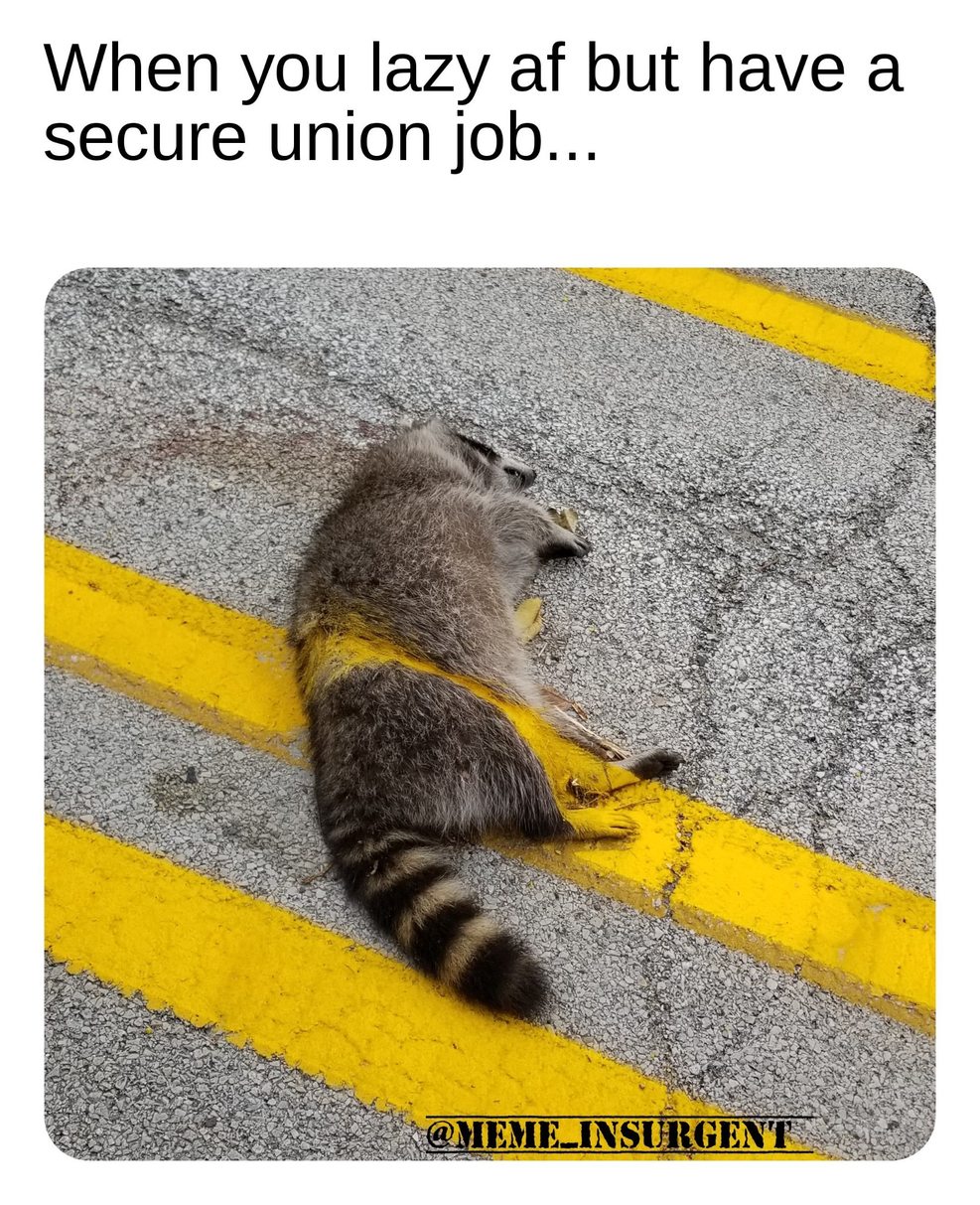You Better Thank A Union Member Meme: The Hidden Heroes Behind The Joke
Have you ever come across the "You better thank a union member" meme and wondered what it really means? This viral sensation has taken the internet by storm, but there's more to it than meets the eye. It's not just about funny pictures or clever captions—it's about recognizing the hard work and sacrifices made by union members across various industries. In this article, we'll dive deep into the world of union activism, explore the significance of these memes, and uncover why thanking a union member is more than just a hashtag.
Let me tell ya, the union movement has been around for ages, fighting for workers' rights and fair treatment. But in recent years, the "You better thank a union member" meme has become a powerful way to highlight the importance of unions in our daily lives. It's like a digital shout-out to the people who ensure we have safe working conditions, fair wages, and decent benefits. So, buckle up because we're about to break it all down for ya.
Now, before we get into the nitty-gritty, let's talk about why this meme matters. It's not just about humor; it's about raising awareness. Unions play a crucial role in shaping the workplace environment, and these memes serve as a reminder of that. Whether you're a fan of viral content or just curious about the labor movement, this article has got you covered. Let's dive in!
Read also:Best Places To Eat Riverside A Foodies Ultimate Guide To Scenic Dining Adventures
What's the Deal with Union Member Memes?
First things first, let's break down what these memes are all about. The "You better thank a union member" meme usually features a humorous scenario where someone enjoys a luxury or convenience without realizing the role unions played in making it possible. It's like a slap in the face (in a good way) to remind people that unions have fought hard to secure the benefits we often take for granted.
Take, for example, the meme where someone sips on a cold beer while lounging on a comfy couch. The caption might read, "You better thank a union member for that beer and that couch." It's a clever way to point out that unions have negotiated fair wages and safe working conditions for brewery workers and furniture makers. And let's not forget the healthcare benefits that keep those workers healthy and on the job.
Why Are These Memes So Popular?
The popularity of union member memes lies in their ability to connect with people on a personal level. They resonate with workers who have experienced the benefits of union representation firsthand. But they also appeal to those who may not fully understand the labor movement, offering a light-hearted yet informative introduction to the topic.
Moreover, memes are a universal language on the internet. They transcend cultural and linguistic barriers, making complex issues like union advocacy more accessible to a wider audience. In a world where attention spans are shorter than ever, memes offer a quick and engaging way to convey important messages.
The History of Labor Unions: A Quick Recap
Before we jump into the meme madness, let's take a step back and explore the history of labor unions. Unions have been around since the Industrial Revolution, advocating for workers' rights in the face of exploitation and unsafe working conditions. Over the years, they've achieved significant victories, from the eight-hour workday to workplace safety regulations.
Today, unions continue to fight for fair treatment and equality in the workplace. They negotiate contracts, advocate for better wages, and provide a voice for workers who might otherwise go unheard. The "You better thank a union member" meme is a testament to the enduring impact of these efforts.
Read also:Tony Buzbee Marines The Remarkable Journey Of A True American Hero
Key Milestones in Union History
- 1886: The formation of the American Federation of Labor (AFL), which became one of the largest labor unions in the U.S.
- 1935: The passage of the National Labor Relations Act, also known as the Wagner Act, which protected the rights of workers to form unions.
- 1960s: The Civil Rights Movement inspired labor unions to focus on racial equality and workplace diversity.
- 2020s: Modern unions continue to adapt to changing workplace dynamics, addressing issues like gig economy rights and remote work.
How Do Unions Impact Our Daily Lives?
Now that we've covered the basics, let's talk about how unions impact our daily lives. You might not realize it, but unions have a hand in many aspects of modern living. From the food you eat to the healthcare you receive, union members have fought for the rights and protections that benefit everyone.
For instance, unions have been instrumental in ensuring safe working conditions in factories, mines, and construction sites. They've also played a key role in securing fair wages and benefits for workers across various industries. And let's not forget about public sector unions, which advocate for teachers, firefighters, and other essential workers.
Industries Where Unions Make a Difference
- Healthcare: Nurses and healthcare workers rely on unions to negotiate better working conditions and patient care standards.
- Education: Teachers' unions fight for smaller class sizes, better resources, and fair pay.
- Transportation: Unionized airline and railway workers ensure safe and reliable travel for millions of people every day.
- Retail and Hospitality: Workers in these sectors benefit from union-negotiated wages and benefits, improving their quality of life.
The Role of Union Members in Shaping Society
Union members aren't just fighting for themselves; they're fighting for all workers. By advocating for fair labor practices, unions create a ripple effect that benefits society as a whole. When workers have access to fair wages and safe working conditions, they're more likely to contribute positively to their communities.
Moreover, unions play a crucial role in addressing systemic issues like income inequality and workplace discrimination. They provide a platform for workers to voice their concerns and push for meaningful change. The "You better thank a union member" meme serves as a reminder of this broader impact, highlighting the interconnectedness of labor rights and societal well-being.
Union Advocacy Beyond the Workplace
Unions don't just focus on workplace issues; they also tackle broader societal challenges. For example, many unions support environmental initiatives, advocating for sustainable practices that benefit both workers and the planet. They also champion social justice causes, working to eliminate discrimination and promote equality in all forms.
By engaging in these efforts, unions demonstrate their commitment to creating a better world for everyone. It's no wonder that the "You better thank a union member" meme has become a symbol of gratitude and recognition for all that unions do.
The Power of Gratitude: Why Thanking Union Members Matters
Now, let's talk about the heart of the matter: why thanking union members is so important. It's not just about acknowledging their hard work; it's about showing appreciation for the positive changes they've brought to our lives. When you enjoy a well-paying job, access to healthcare, or a safe workplace, chances are a union member had something to do with it.
Expressing gratitude doesn't have to be complicated. It can be as simple as sharing a "You better thank a union member" meme or taking a moment to reflect on the benefits unions have secured. By doing so, you're joining a global movement that recognizes the vital role unions play in shaping our world.
Ways to Show Appreciation
- Share union-related content on social media to raise awareness.
- Support union-made products and services whenever possible.
- Engage in conversations about labor rights and advocate for fair treatment of workers.
- Consider joining a union if you're eligible, or supporting unionization efforts in your industry.
The Future of Unions: Adapting to a Changing World
As the world continues to evolve, so too must unions. The rise of the gig economy, automation, and remote work presents new challenges and opportunities for labor organizations. Unions are adapting by expanding their focus to include digital rights, worker classification, and other emerging issues.
Despite these changes, the core mission of unions remains the same: to advocate for workers' rights and improve working conditions. The "You better thank a union member" meme serves as a reminder of this mission, encouraging people to recognize and appreciate the ongoing efforts of union members.
Emerging Trends in the Labor Movement
Here are some key trends shaping the future of unions:
- Gig Economy Rights: Unions are working to secure fair treatment and benefits for gig workers, who often lack traditional employment protections.
- Remote Work Advocacy: With the rise of remote work, unions are addressing issues like digital privacy, ergonomic support, and fair compensation for remote employees.
- Sustainability Initiatives: Many unions are incorporating environmental concerns into their advocacy efforts, promoting green jobs and sustainable practices.
Conclusion: The Power of Recognition
In conclusion, the "You better thank a union member" meme is more than just a viral sensation; it's a powerful reminder of the vital role unions play in our lives. From advocating for fair wages to ensuring safe working conditions, union members have worked tirelessly to create a better world for all workers. By recognizing and appreciating their efforts, we can contribute to a more equitable and just society.
So, the next time you enjoy a cold beer or relax on your favorite couch, take a moment to thank a union member. Share a meme, start a conversation, or get involved in labor advocacy. Together, we can continue to build a world where workers' rights are respected and celebrated.
Table of Contents
- What's the Deal with Union Member Memes?
- Why Are These Memes So Popular?
- The History of Labor Unions: A Quick Recap
- Key Milestones in Union History
- How Do Unions Impact Our Daily Lives?
- Industries Where Unions Make a Difference
- The Role of Union Members in Shaping Society
- Union Advocacy Beyond the Workplace
- The Power of Gratitude: Why Thanking Union Members Matters
- Ways to Show Appreciation
- The Future of Unions: Adapting to a Changing World
- Emerging Trends in the Labor Movement


